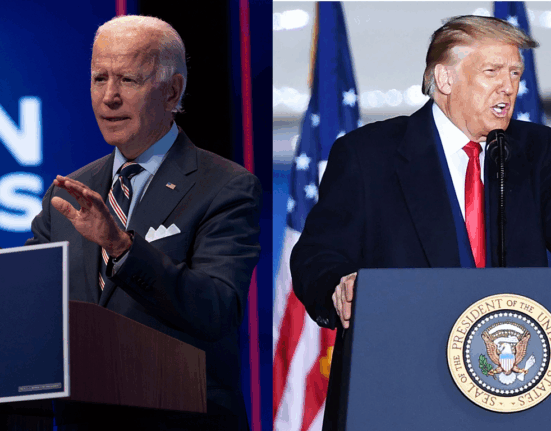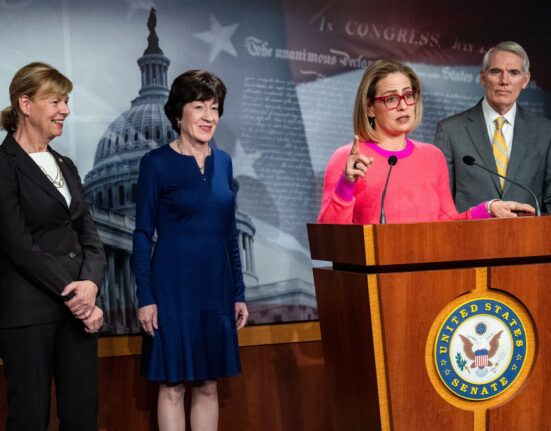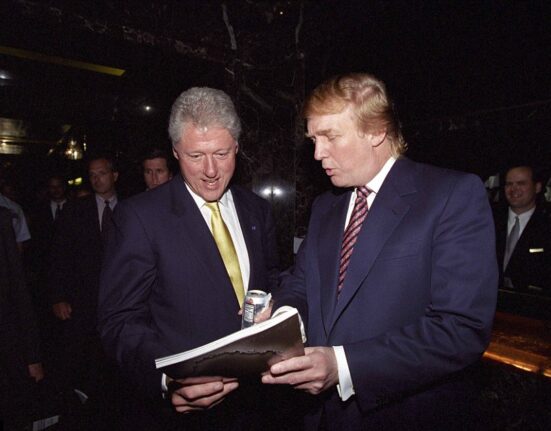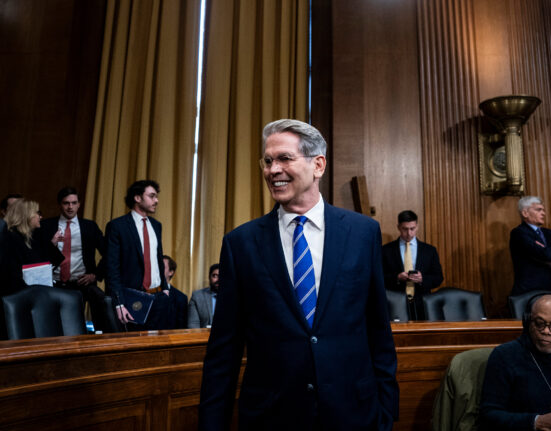In a recent address at the Shangri-La Dialogue Summit in Singapore, U.S. Secretary of Defense Pete Hegseth issued a grave warning about China’s growing influence and aggressive behavior in the Asia-Pacific region. He underscored the need for the United States to realign its military strategy in response to China’s escalating threat.
Hegseth emphasized the necessity of deterring China’s attempts to reshape the power dynamics in the Indo-Pacific region. He urged neighboring countries and U.S. allies to join forces in countering Beijing’s ambitions.
“It has to be clear to all that Beijing is credibly preparing to potentially use military force to alter the balance of power,”
Hegseth stated emphatically during his speech.
The Defense Secretary made it clear that while the U.S. aims to prevent conflict, it will not shy away from safeguarding its interests and those of its allies against Chinese aggression. He reassured that the goal is not to dominate or provoke China but rather maintain stability and security in the region without seeking regime change.
Retired Chinese Senior Col. Zhou Bo, now a senior fellow at Tsinghua University, noted that Hegseth’s remarks marked a departure from previous diplomatic tones towards China. Zhou described Hegseth’s speech as more confrontational and underscored an ideological rivalry between nations. The shift towards supporting U.S. allies was particularly noticeable compared to previous stances taken by American officials.
Amidst this strategic reorientation, there are discussions within defense circles regarding potential adjustments in military posture vis-à-vis China. Speculation arises about a possible reduction in U.S. troop presence in South Korea as part of efforts aimed at countering Chinese threats effectively.
Zack Cooper, a senior fellow at the American Enterprise Institute, highlighted potential changes ahead stating,
“I do think we’re likely to see a change in force posture on the peninsula.”
This anticipated shift indicates broader recalibrations within U.S. defense policy towards addressing challenges posed by China while considering regional dynamics comprehensively.
Hegseth’s emphasis on prioritizing American interests echoes President Trump’s ‘America First’ approach, emphasizing self-reliance and national sovereignty over global entanglements perceived as detrimental or compromising security objectives.
Acknowledging economic interdependencies with China among Asian nations, Hegseth cautioned against excessive reliance on Beijing due to associated risks such as heightened leverage by the Chinese Communist Party (CCP) which could impact defense decisions during times of crisis significantly.
Addressing concerns about maintaining neutrality amidst great power competition, Malaysian Prime Minister Anwar Ibrahim advocated for dynamic equilibrium fostering cooperation sans coercion or bloc politics—a delicate balancing act essential for regional stability amid competing interests.
Furthermore, French President Emmanuel Macron raised questions about strategic autonomy amidst intensifying U.S.-China tensions urging nations not solely reliant on external directives but instead uphold independent decision-making processes crucial for safeguarding national interests effectively amidst geopolitical shifts globally.
As tensions continue between major powers reshaping global order formations like never before since Cold War times through persistent jostling for supremacy across various regions like Asia-Pacific wherein key players like US & CHINA engage each other tactically with varying degrees based what would best suit their respective National Interests thereby shaping how future world events unfold thus making multilateral diplomacy an indispensable tool









Leave feedback about this